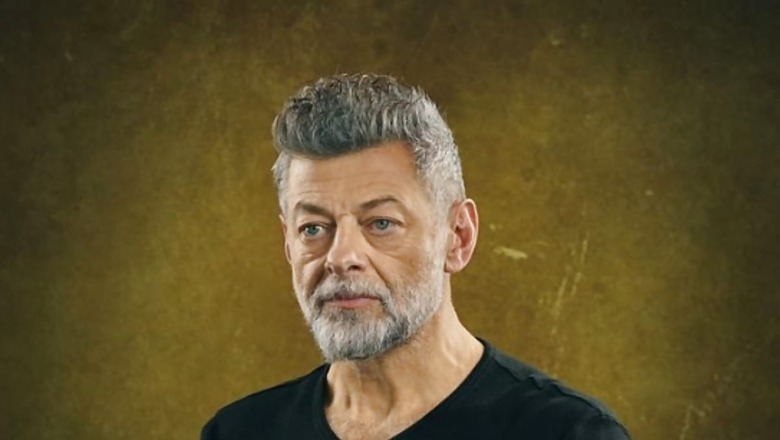
views
Kingdom of the Planet of the Apes, directed by Wes Ball, is set to release on May 10. As the name implies, this upcoming film pays tribute to the 1968 original picture while taking us back to the beginning of the story. Actor Andy Serkis—who played Caesar in the initial three films of the reboot series—teased that the first installment of this planned trilogy will “blow people’s minds.”
Based on what he knows of the film, Serkis applauded the movie’s plot and director Wes Ball’s concepts, despite his lack of official involvement in this installment of the franchise.
Serkis stated in an interview with Cinemablend, “I think Wes Ball is going to do an amazing job with this film. I think it’s, from what I’ve heard and what I’ve seen, there’s some amazing conceptual artwork. And where they’ve chosen to land the story and take off with the next iteration, I think it’s gonna blow people’s minds.”
From the first teaser for Kingdom of the Planet of the Apes, which reveals a drastically different planet after 300 years, one can see the extraordinary adventure beginning.
Apes seem to be divided into many groups. One such faction is led by the charismatic crowned ruler, Proximus Caesar, whose group has rediscovered the power of electricity and plans to utilise it as a weapon to conquer and rule.
However, Noa is sympathetic to mankind, which allows for a more in-depth examination of humans’ new place within this post-apocalyptic world.
The movie will be a visual powerhouse regardless of what happens since the Planet of the Apes films are consistently thrilling and action-packed spectacles.
It is important to consider the background of Charlton Heston’s classic Planet of the Apes before attempting to comprehend the settings of modern films.
The 1968 movie, which was once marketed as a story of space travel, follows a group of astronauts who end up stuck on an ape-populated planet. To survive, they must live in a world governed by powerful apes, including mistreated human-like creatures.
The original film’s end, in which astronaut George Taylor discovers that the planet he has landed on is, in fact, Earth, is regarded as a classic. He eventually realises he’s on his home planet in the far future when he spots the Statue of Liberty partially buried on a beach and starts to mourn.
The 2001 Planet of the Apes finale by Tim Burton followed a similar path. After his terrifying adventures on the planet Ashlar, Captain Leo Davidson returns to Earth at the film’s end, only to discover that the Lincoln Memorial is a memorial to General Thade, the antagonist of the story. When he realises that Earth has become their new home as a result of his expedition, apes capture him.
The first film in the reboot trilogy also featured a surprising ending, but this served as a prologue for the upcoming Planet of the Apes narrative rather than a conclusive statement. As ALZ-113 spread around the planet during the film’s credits, Rise of the Planet of the Apes concluded with the human population being infected.



















Comments
0 comment